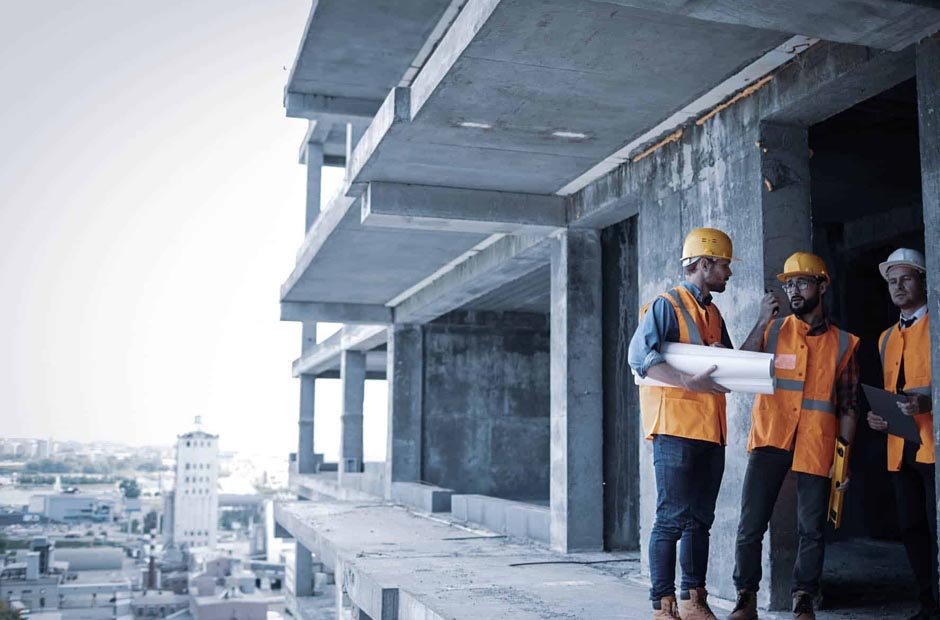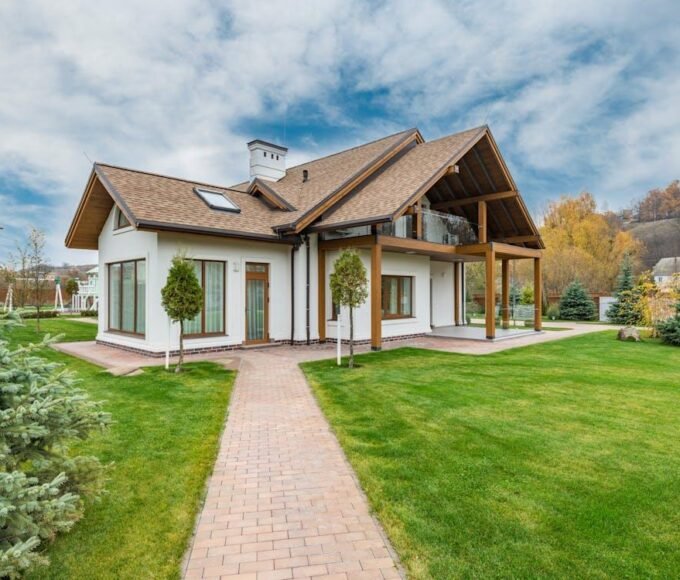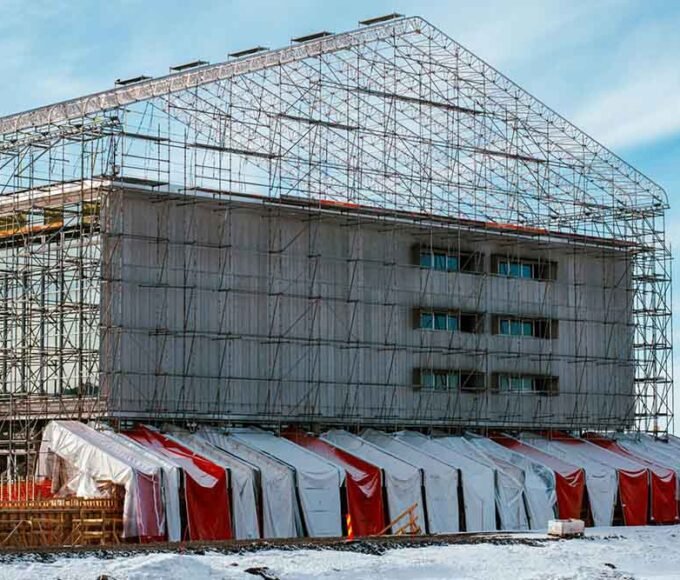The phenomenon of urban expansion is a defining feature of the modern age, with cities around the globe burgeoning at an unprecedented pace. This expansion is not merely a matter of geographical spread but involves a complex process of urban densification, accommodating an ever-increasing population within the confines of city limits. Central to this urban transformation is the critical role of residential construction projects.
Berger Nelson Construction is a testament to their commitment to excellence, often incorporating state-of-the-art construction technologies and embracing novel methodologies. This proactive approach ensures that each residential project is not just a response to the immediate demand for housing but also a well-considered investment in the future of urban living, anticipating and adapting to the forthcoming needs of city dwellers.
Understanding the Demand for Housing
The escalating demand for residential spaces in growing cities is propelled by a constellation of factors, chief among them being population growth, economic development, and the steady flow of migration from rural to urban areas. This trio of drivers has precipitated a robust need for diverse housing solutions, catering to a wide array of urban dwellers from various socioeconomic backgrounds.
The task at hand for urban planners and developers is formidable; it is not merely about constructing buildings but ensuring these structures are accessible, affordable, and aptly suited to the evolving lifestyles of an urbanizing populace. This dynamic landscape of urban development presents a unique set of opportunities and challenges in meeting the residential needs of diverse communities.
Berger Nelson Construction’s Approach to Urban Housing
In the arena of urban residential construction, Berger Nelson Construction emerges as a beacon of innovation and progress. Renowned for its strategic and forward-thinking approach, the company has been instrumental in reshaping urban landscapes through its residential projects. These endeavors are not just structures of brick and mortar but are embodiments of modern living, characterized by functionality, aesthetic appeal, and sustainability.
These initiatives are paramount in addressing the escalating demand for housing, ensuring that the burgeoning urban populace finds a place not just to reside but to thrive. The challenge here lies in creating residential spaces that are not only sufficient in number but also embody the vision of sustainable and inclusive urban living.
Sustainable Development in Construction
In the current epoch, sustainability has transitioned from a niche concern to a fundamental aspect of residential construction. The industry has witnessed a paradigm shift, with a growing number of projects prioritizing eco-friendly practices and materials. This green revolution in construction is fuelled by an acute awareness of the environmental imperatives and a collective aspiration for sustainable living.
Residential projects that embrace sustainability are not merely reducing their ecological footprint but are also enhancing the quality of life for their inhabitants. These sustainable homes offer myriad benefits, including energy efficiency, improved indoor air quality, and a seamless integration with the natural environment, paving the way for a harmonious coexistence between urban development and the natural world.
Challenges in Urban Residential Construction
Despite the strides made in the realm of residential construction, the sector continues to grapple with significant challenges, particularly pronounced in burgeoning urban centers. The scarcity of land in cityscapes often translates to exorbitant acquisition costs, posing a considerable hurdle for new construction projects. Moreover, the labyrinth of regulatory frameworks governing construction can impede project timelines, adding layers of complexity and uncertainty.
A critical concern that looms large is the issue of affordability; a significant segment of the urban population finds itself in a quagmire, caught between the desire for quality housing and the constraints of financial affordability. Addressing these challenges requires a concerted effort from all stakeholders involved, aiming to streamline processes and enhance the feasibility of residential construction projects in urban locales.
The Future of Housing in Urban Areas
As we gaze into the horizon, the future landscape of urban housing appears ripe for transformation. Emerging trends suggest a shift towards more integrated, smart housing solutions, where technology plays a pivotal role in enhancing living standards and operational efficiency. The advent of digital innovations in residential construction is set to redefine the urban living experience, with smart homes equipped with automation and energy-efficient systems becoming the norm.
The construction industry’s trajectory is unmistakably towards creating residential environments that are not only conducive to modern living but are also adaptable to the fluid dynamics of urban evolution.In the grand scheme of urban development, residential construction projects stand as vital cogs in the machinery that drives the growth of cities.
Conclusion
The journey of meeting housing needs in growing cities through residential construction projects is both complex and critical. It demands a holistic approach that encompasses understanding the multifaceted demand for housing, innovating in construction practices, embracing sustainability, navigating challenges, and envisioning the future of urban living. Companies like Berger Nelson Construction are at the forefront of this endeavor, showcasing how strategic planning, technological integration, and a commitment to sustainable development can coalesce to address the pressing residential needs of urban populations.
As cities continue to grow and evolve, the construction industry’s role in shaping vibrant, sustainable, and inclusive urban communities becomes increasingly paramount. The path forward will require not just building homes but creating well-rounded living environments that cater to the diverse needs of city dwellers, ensuring that the urban expansion is managed responsibly and strategically for generations to come.
















